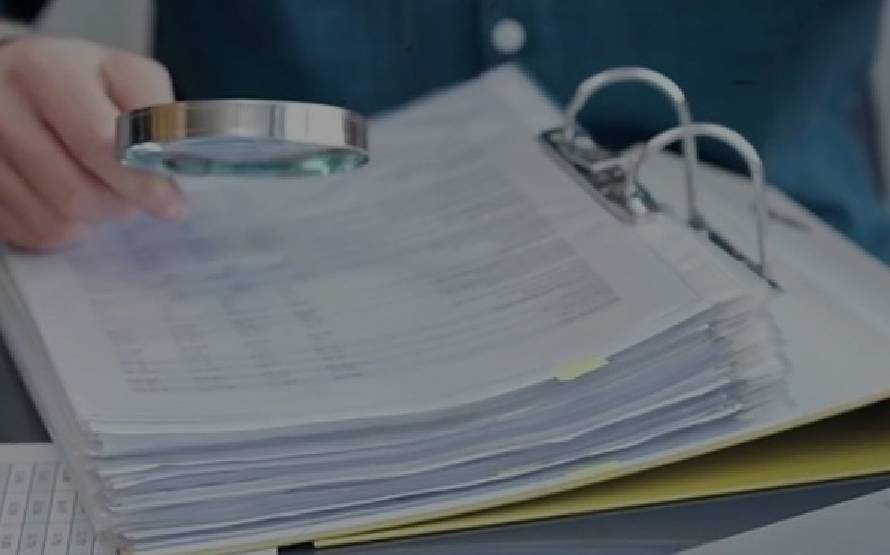Fraud Risk Assessments & Reviews
Proactively Identifying & Mitigating Fraud Risks.
Fraud Risk Assessments identify weaknesses in financial and operational systems that could lead to fraud.
Using forensic accounting and analytics, they help businesses build strong defenses and ensure transparency.
WHY IT MATTERS
Unchecked fraud risks can lead to severe financial and reputational damage. Organizations that fail to assess their fraud risks may face unexpected financial losses, regulatory penalties, and a loss of trust among clients and investors. In an era of increasing financial crimes, businesses must adopt a proactive approach to fraud prevention. With fraud becoming more sophisticated, companies need to stay ahead by regularly assessing their risk exposure. Fraud risk assessments not only help in detecting existing vulnerabilities but also provide strategic recommendations to prevent future incidents.
PROBLEM & PROTECTION
Failure to conduct fraud risk assessments can leave organizations exposed to undetected financial misconduct, resulting in significant monetary losses. A lack of proper controls may lead to fraudulent activities going unnoticed for years, damaging a company’s long-term financial health. To mitigate this risk, businesses should implement periodic fraud risk reviews, reinforce internal controls, and educate employees on fraud prevention. By prioritizing fraud risk management, organizations can create a culture of accountability and financial integrity.
WHAT WE DO
Fraud Risk Profiling And
Control Testing
We assess internal controls, detect loopholes, and recommend safeguards to mitigate risks before they escalate to evaluate the effectiveness of fraud prevention measures. Our forensic approach includes scenario-based testing, walkthroughs, and data-driven risk assessments.
Transaction And Expense
Fraud Detection
We analyze financial transactions to detect unauthorized payments, duplicate invoices, and inflated expenses. Our audits uncover hidden employee-vendor relationships, identify potential conflicts of interest, and review workflows, policies, and documents for compliance.
Third-Party And Vendor Risk
Assessments
We conduct due diligence, evaluate transactional risks, and identify red flags in third-party relationships to prevent financial and reputational damage. We analyze vendor payment patterns and contract terms to detect fraudulent activities and overbilling.
AML And Compliance Risk
Reviews
We analyse and evaluate AML controls, suspicious activity reports (SARs), and compliance frameworks to detect regulatory gaps and financial crime risks. Our team reviews customer due diligence (CDD) and transaction monitoring processes to identify suspicious activities.
Forensic Data Analytics for
Fraud Detection
We leverage machine learning and data analytics to uncover irregularities, predict fraudulent behavior, and prevent losses. Our forensic tools analyze large datasets to identify suspicious activities, hidden relationships, and outlier trends.







